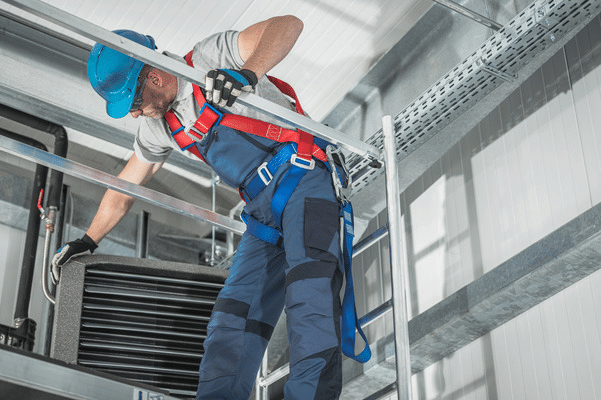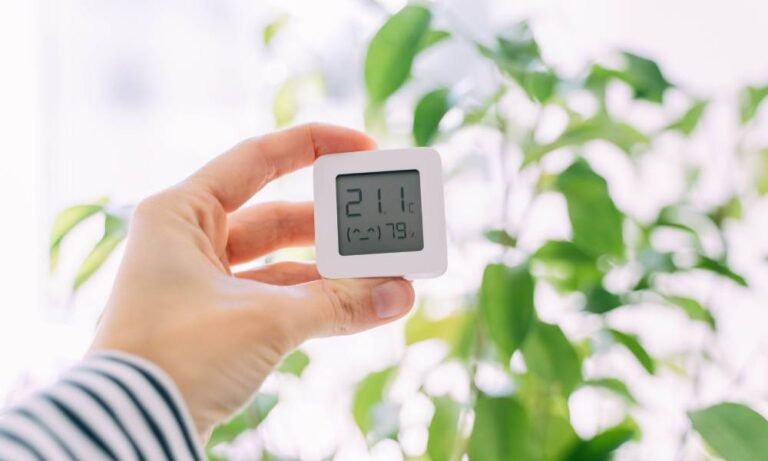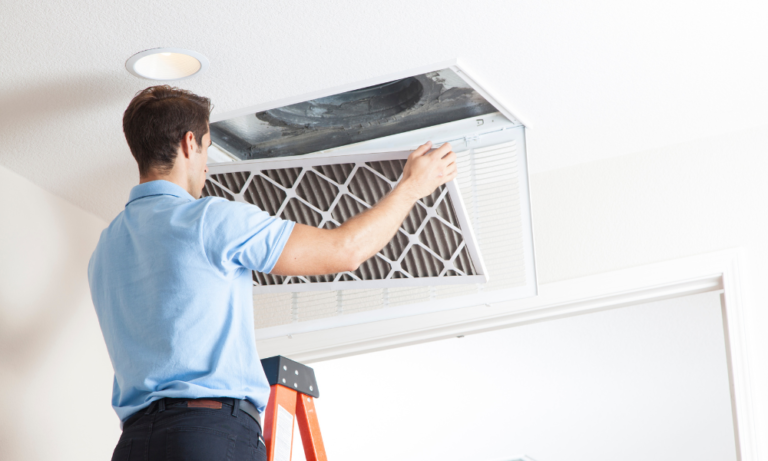Estimated reading time: 5 minutes
Energy bills can make you sweat more than the summer heat or shiver harder than winter’s chill. But here’s the good news: your HVAC system doesn’t have to be the culprit draining your wallet. With a few smart strategies, you can turn your HVAC into an energy-saving powerhouse.
In this guide, I’ll share actionable tips to make your heating and cooling system work smarter—not harder. Here’s what you’ll learn:
- The basics of HVAC energy efficiency
- Simple maintenance habits to save money
- Smart upgrades that pay off long-term
- Tricks to optimize your home’s temperature control
Let’s dive in and help you stay comfortable while keeping your energy costs in check.
1. Know What Makes an HVAC System Energy Efficient
Before we jump into tips, let’s cover the basics. An energy-efficient HVAC system is designed to use less electricity to heat or cool your home. This efficiency depends on several factors:
- Ratings to Look For
Systems with higher SEER (Seasonal Energy Efficiency Ratio), EER (Energy Efficiency Ratio), and HSPF (Heating Seasonal Performance Factor) ratings are your best bet. The higher the number, the more efficient your unit. - Proper Sizing
A system that’s too small will overwork, while one that’s too large will waste energy. It’s like buying a coat three sizes too big—unnecessary and inefficient.
2. Regular Maintenance: The Energy-Saving MVP
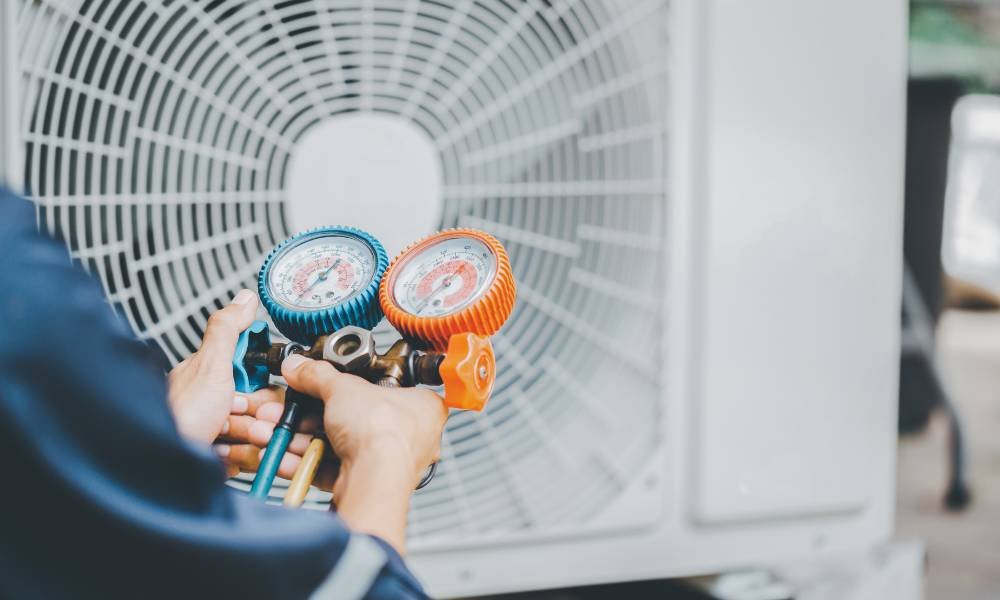
I can’t emphasize this enough: routine maintenance is the backbone of HVAC efficiency.
- Change Filters Regularly
Think of your filter as the lungs of your system. A clogged filter makes it harder for your HVAC to “breathe,” forcing it to use more energy. Change filters every 1–3 months, depending on usage. - Clean and Inspect Your System
Dust and debris can clog components, reducing airflow and efficiency. Schedule seasonal checkups to keep things running smoothly.
3. Optimize Thermostat Settings
Your thermostat is more than just a wall decoration. It’s the command center for your HVAC system.
- Upgrade to a Smart Thermostat
A smart thermostat adjusts temperatures automatically based on your schedule, saving you energy without you lifting a finger. Plus, it’s fun to control your thermostat from your phone—hello, tech wizardry! - Use Energy-Saving Settings
Set your thermostat to 78°F in summer and 68°F in winter. Every degree closer to the outdoor temperature saves energy.
4. Seal the Deal: Stop Air Leaks
If your HVAC is the star player, ductwork is the supporting cast. Don’t let them ruin the show with leaks.
- Seal Duct Leaks
Leaky ducts lose air, forcing your system to work harder. A product like Aeroseal can plug those sneaky gaps. - Insulate Ductwork
Insulation keeps conditioned air at the right temperature as it travels through your home. Bonus: it also prevents energy loss.
5. Leverage Nature and Home Design
Sometimes, the best solutions are the simplest.
- Use Curtains and Blinds
In summer, close curtains during the day to block heat. In winter, open them to let sunlight naturally warm your home. - Position Your Outdoor Unit Wisely
Keep the unit in a shaded area to prevent overheating and improve efficiency.
6. Upgrade to Energy-Efficient Equipment
If your system is over 10–15 years old, it might be time for an upgrade.
- Choose Energy Star Appliances
These units meet strict energy-efficiency guidelines and save money over time. - Consider Heat Pumps
Modern heat pumps are incredibly efficient and work for both heating and cooling.
7. Fans Are Your Friends
Ceiling fans and portable fans are like backup dancers for your HVAC system—they make the main act look even better.
- Use Fans to Circulate Air
Fans help distribute hot or cold air evenly, so your system doesn’t have to work as hard. Pro tip: in winter, run ceiling fans clockwise to push warm air down.
8. Tweak Your Habits to Save Energy
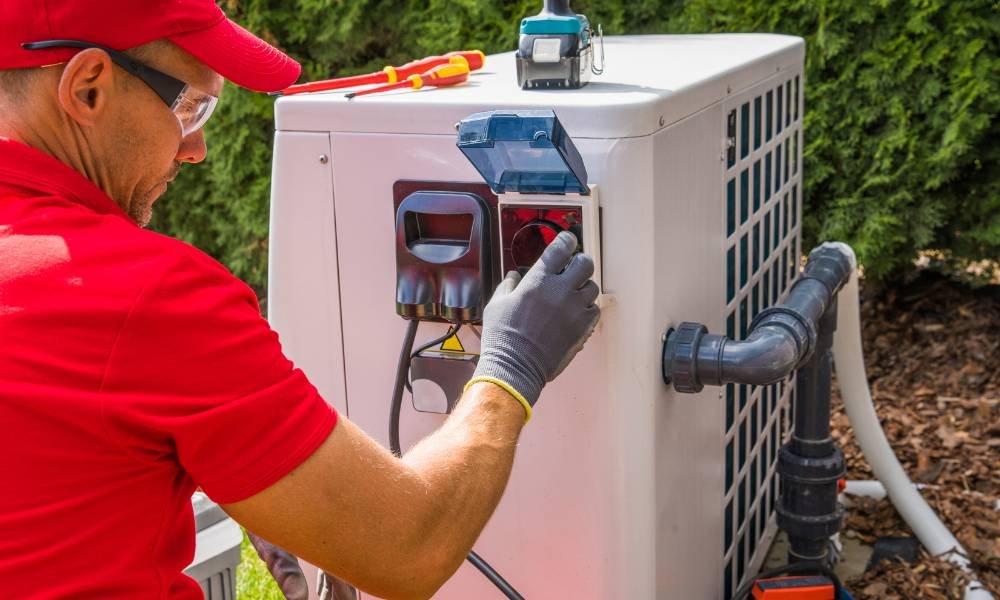
Sometimes, small behavioral changes make a big difference.
- Be Smart with Appliances
Avoid using ovens, dryers, or other heat-generating appliances during the hottest part of the day in summer. - Close Off Unused Rooms
If you’re not using a room, close its vents and doors to avoid wasting energy.
9. Professional Help: When DIY Isn’t Enough
Some tasks are best left to the pros.
- Energy Audits
A professional audit identifies inefficiencies and suggests targeted solutions. - Tune-Ups and Repairs
If your system isn’t performing as it should, don’t wait. A quick repair can prevent costly breakdowns later.
10. FAQs: Quick Answers to Common Questions
- How often should I change my air filter?
Every 1–3 months, depending on usage and filter type. - What’s the ideal temperature for energy savings?
78°F in summer and 68°F in winter. - Do I need a new HVAC system?
If your unit is over 15 years old and struggling, an upgrade might be a smart investment
Conclusion: Energy Savings Start Today
You don’t need to overhaul your entire HVAC system to save energy. Small changes—like sealing ducts, using a smart thermostat, or tweaking your habits—can make a big impact on your energy bills.
Start with one or two tips from this guide, and you’ll see the savings add up. And if you need expert help, I’m just a blog away with more advice and resources.
Here’s to staying comfortable, saving money, and being a little kinder to the planet!

